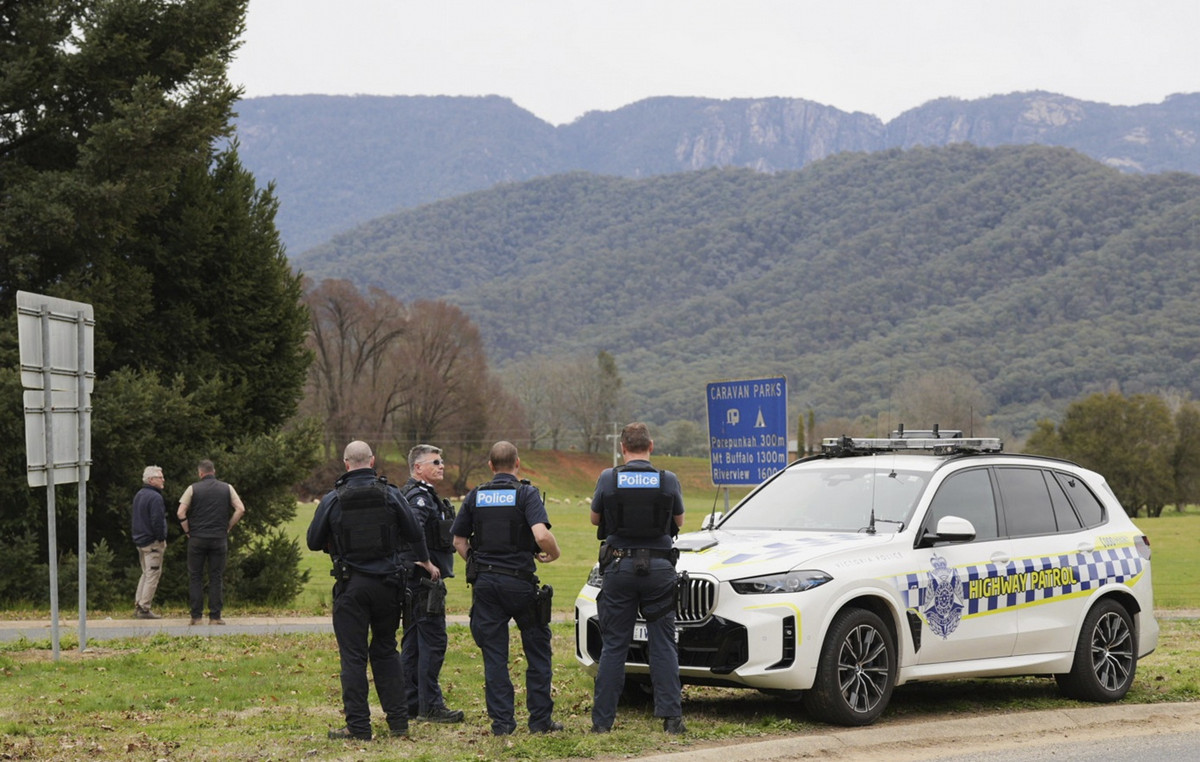Why that young 30-year-old woman, hospitalized in early March, had blood clots in the brain and low platelets? Hematologist Marie Scully, consultant toUniversity College London Hospital, she was perplexed and alarmed: she had already seen patients with a similar clinical picture, but she had always understood why. “There is always a cause,” he explained to Guardian. But this time he could not get back on it.
From this complex case, Dr. Scully was able to arrive – and was the first in the world – to a conclusion of great importance: blood clots and low platelets are a rare side effect of the AstraZeneca vaccine. Doctors and scientists agree that the AstraZeneca vaccine is safe and effective, and has low risks. But it is vital to know how to diagnose and treat this side effect.
The young woman hospitalized in the UK on the first weekend of March had a severe headache, light intolerance and vomiting. She was given standard therapy: a platelet transfusion and a small amount of blood-thinning drugs.
He seemed to be better at first, but his platelet count didn’t increase. From an ultrasound of the abdomen, the radiologist noticed a blood clot in the liver. “It was very unusual,” Scully explained. Clots also developed in the lungs and all blood clots got worse. The following Saturday afternoon, the woman’s condition deteriorated rapidly: the patient ended up intubated in intensive care.
A meeting of the multidisciplinary team has been called to discuss this baffling case. It appeared to be heparin-induced thrombocytopenia, a rare condition in which the blood-thinning drug heparin triggers the immune system to produce antibodies that cause blood clots. But the woman hadn’t taken heparin.
It was Marie Scully who proposed to test the PF4 antibody triggered by heparin. “I’d like to be able to tell you why. I don’t know why I did it, ”he explains. “Looking back, it makes no sense».
There had been another patient in his fifties, who died of a brain condition and with low platelets: Scully asked the team to test PF4 on him as well. To his amazement, both tests came back positive. Another case in Birmingham, followed by a colleague, Dr. Will Lester, was also successful. The three patients had only one thing in common: a few days earlier they had received the AstraZeneca vaccine.
The medical world had to know immediately: to treat these cases blood thinners are needed but not heparin. Platelet transfusions aggravate blood clots. There is a need for no PF4 antibodies to be produced and intravenous immunoglobulin should be administered. With appropriate treatment and early diagnosis (now possible because people have become aware of the symptoms), lives can be saved.
“People under the age of 30 can ask for an alternative vaccine,” explained the doctor. “But no one should choose not to get vaccinated. This is a message that we cannot convey because it is absolutely fundamental for public health ».
Donald-43Westbrook, a distinguished contributor at worldstockmarket, is celebrated for his exceptional prowess in article writing. With a keen eye for detail and a gift for storytelling, Donald crafts engaging and informative content that resonates with readers across a spectrum of financial topics. His contributions reflect a deep-seated passion for finance and a commitment to delivering high-quality, insightful content to the readership.







